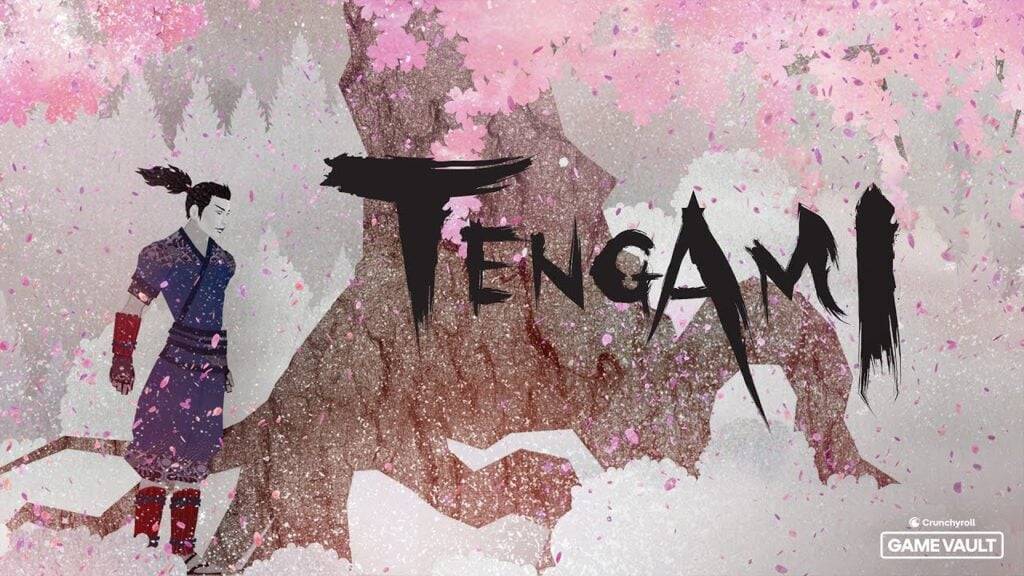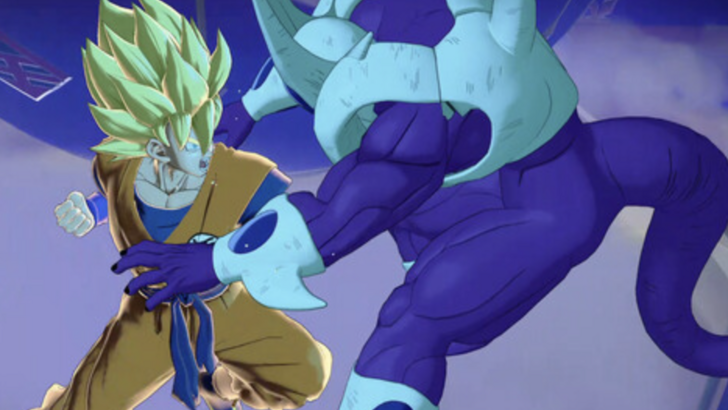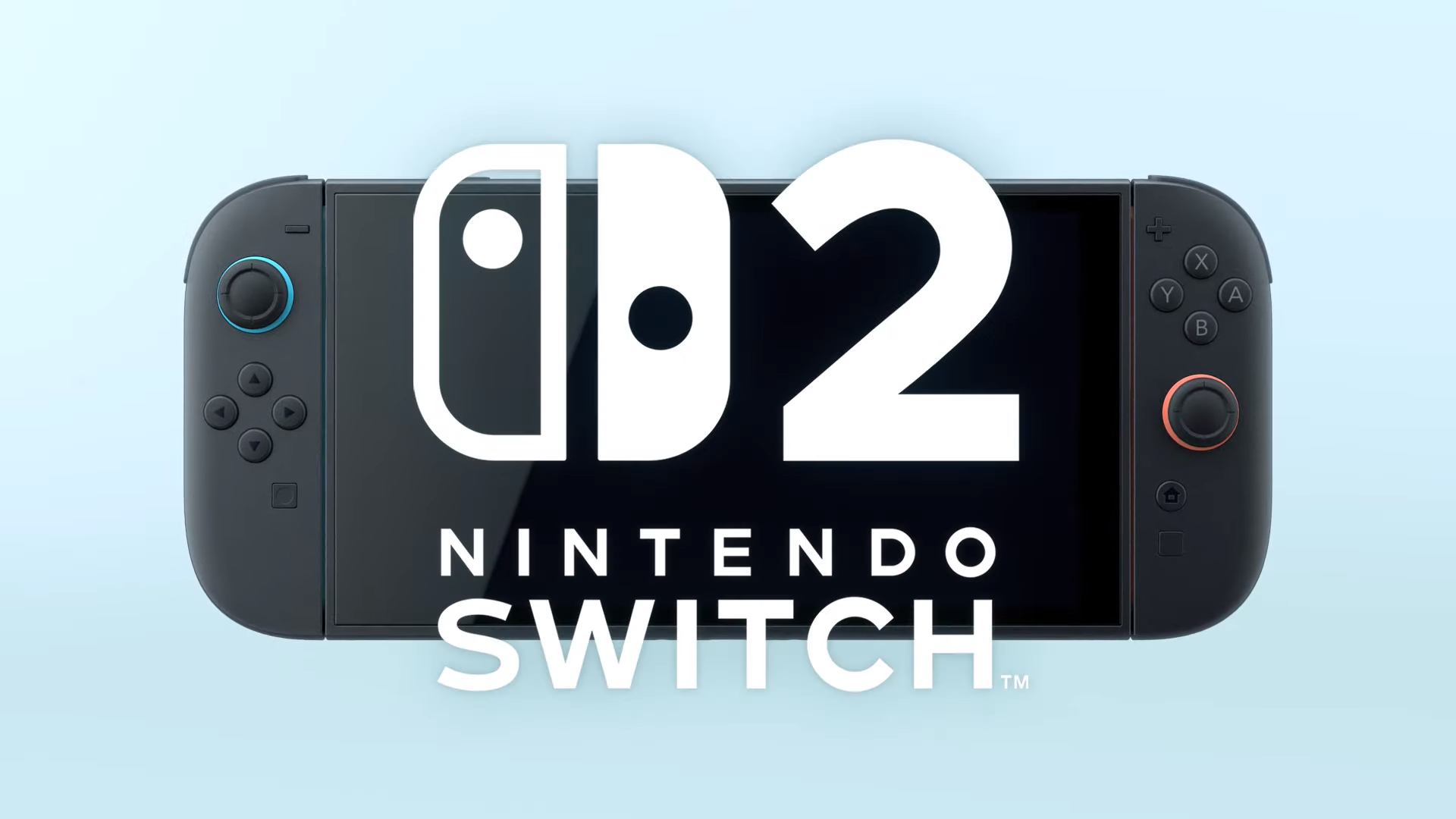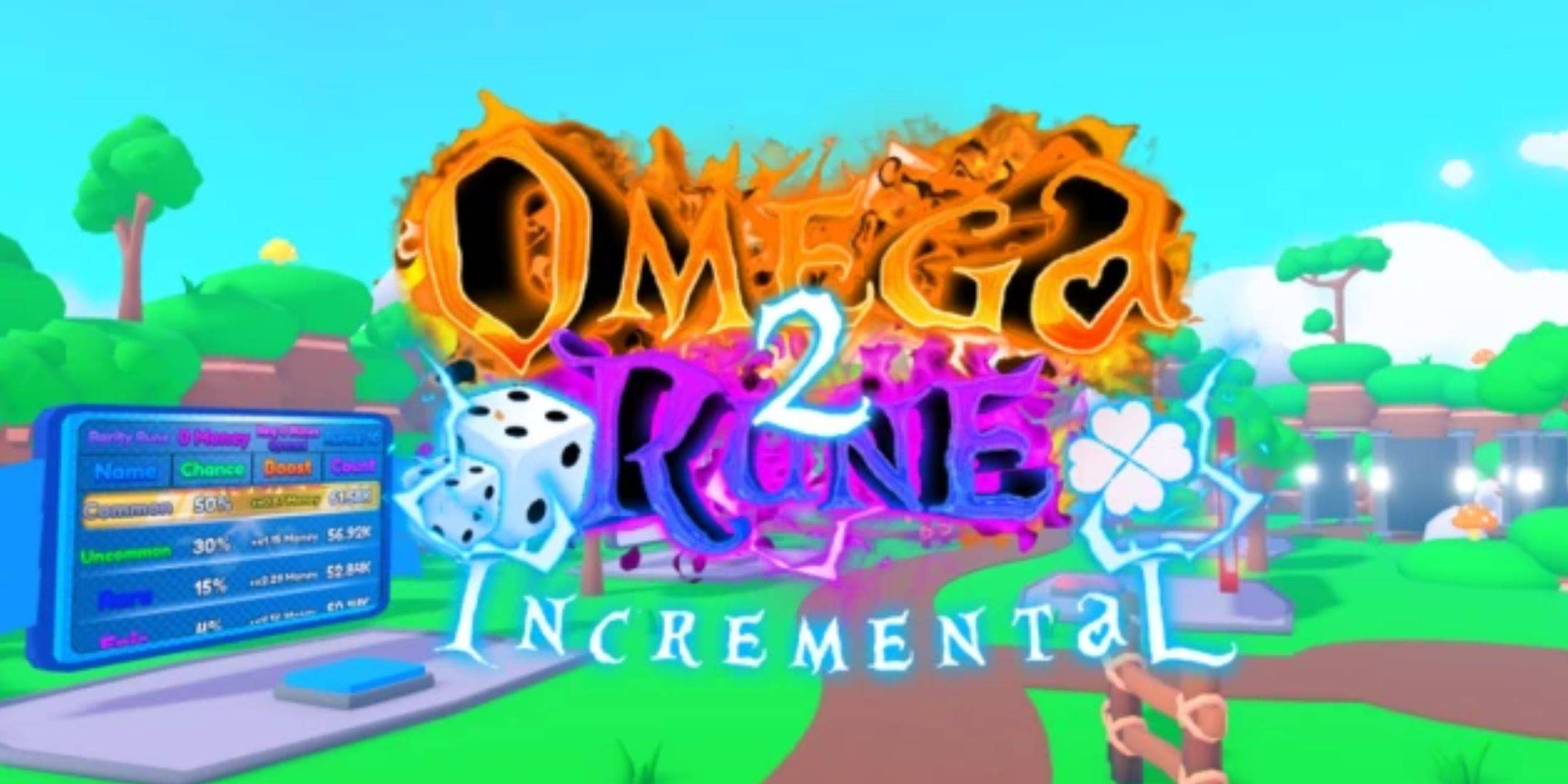Activision's AI Strategy: Developing Major New Games?
- By Savannah
- Apr 25,2025
Activision recently captured the gaming community's attention by unveiling advertisements for new projects within its renowned franchises, including Guitar Hero, Crash Bandicoot, and Call of Duty. However, the buzz wasn't about the announcements themselves but rather the revelation that the promotional content was crafted using neural networks.
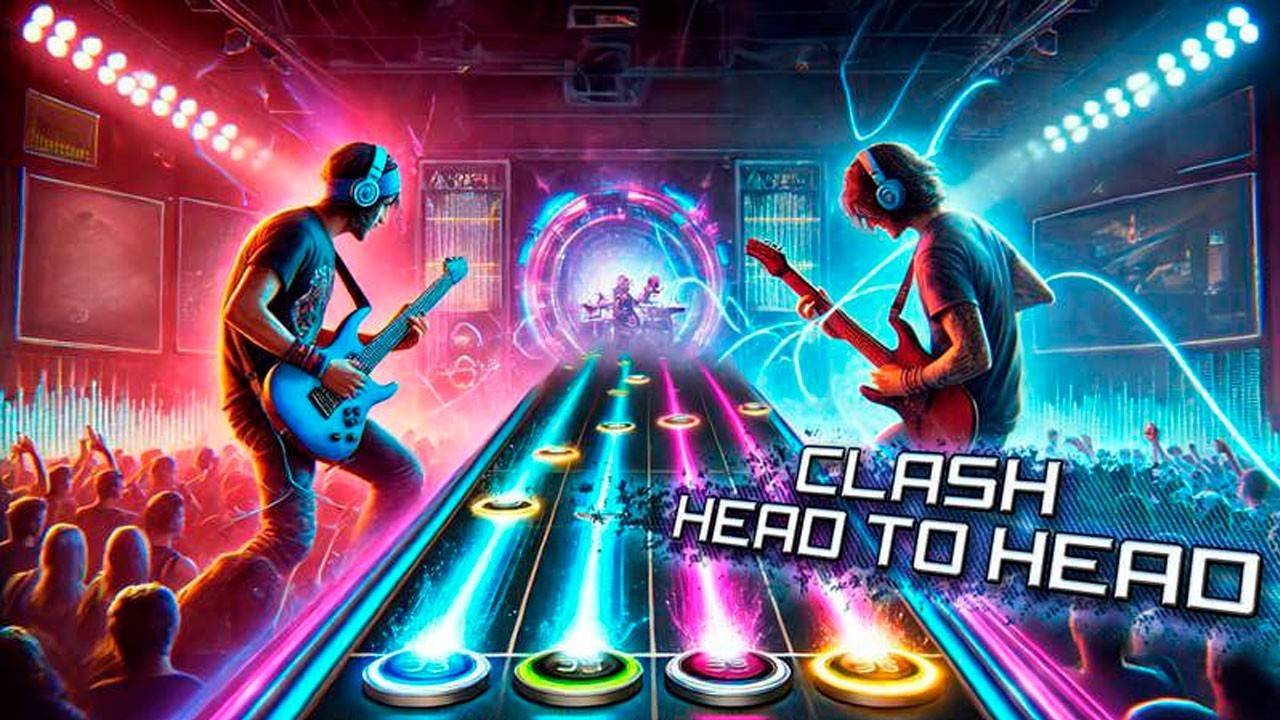 Image: apple.com
Image: apple.com
The initial advertisement surfaced on one of Activision’s social media platforms, promoting Guitar Hero Mobile and directing users to a pre-order page on the App Store. Gamers quickly pointed out the odd, almost surreal visuals, triggering a flurry of online discussions. Subsequent reports highlighted similar AI-generated artwork in promotional materials for other mobile titles like Crash Bandicoot Brawl and Call of Duty Mobile. Initially, there were suspicions of hacked accounts, but it was later revealed as an unconventional marketing strategy.
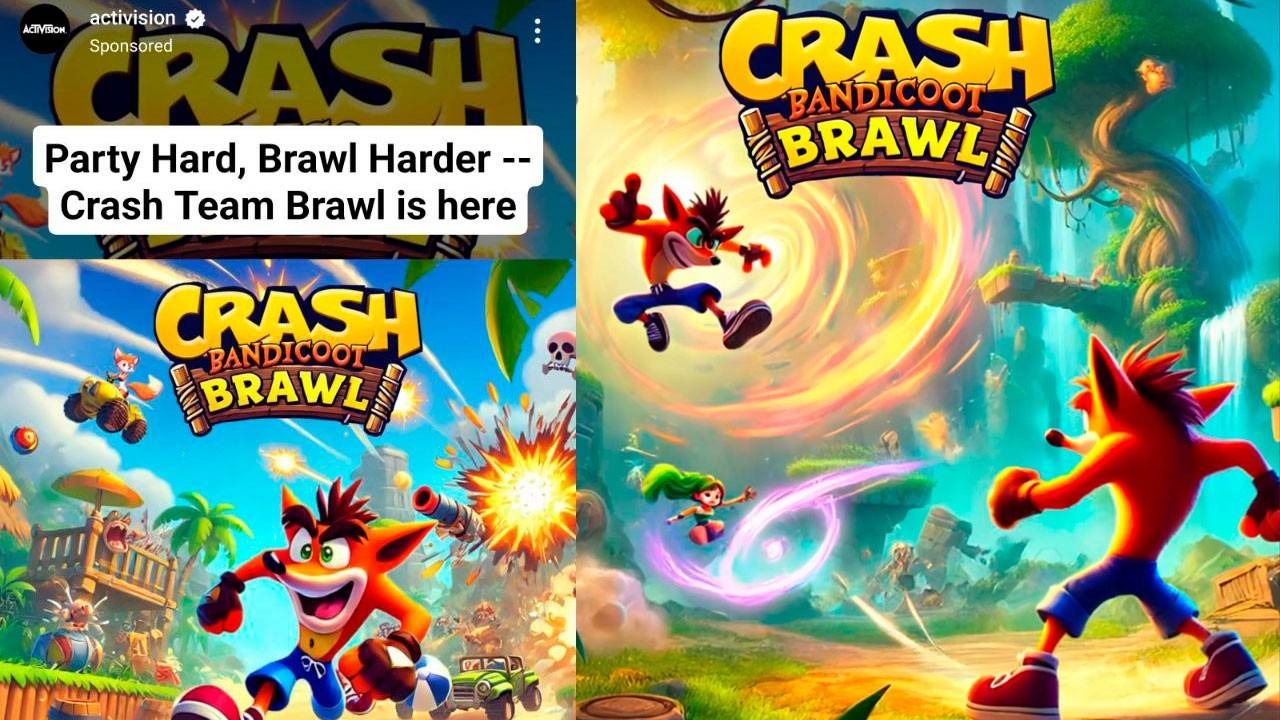 Image: apple.com
Image: apple.com
The reaction from the gaming community was predominantly negative. Fans and players criticized Activision for choosing generative AI over collaborating with skilled artists and designers. There was widespread concern that this move could degrade games into "AI garbage," with some drawing unfavorable comparisons to Electronic Arts, a company often criticized for its gaming decisions.
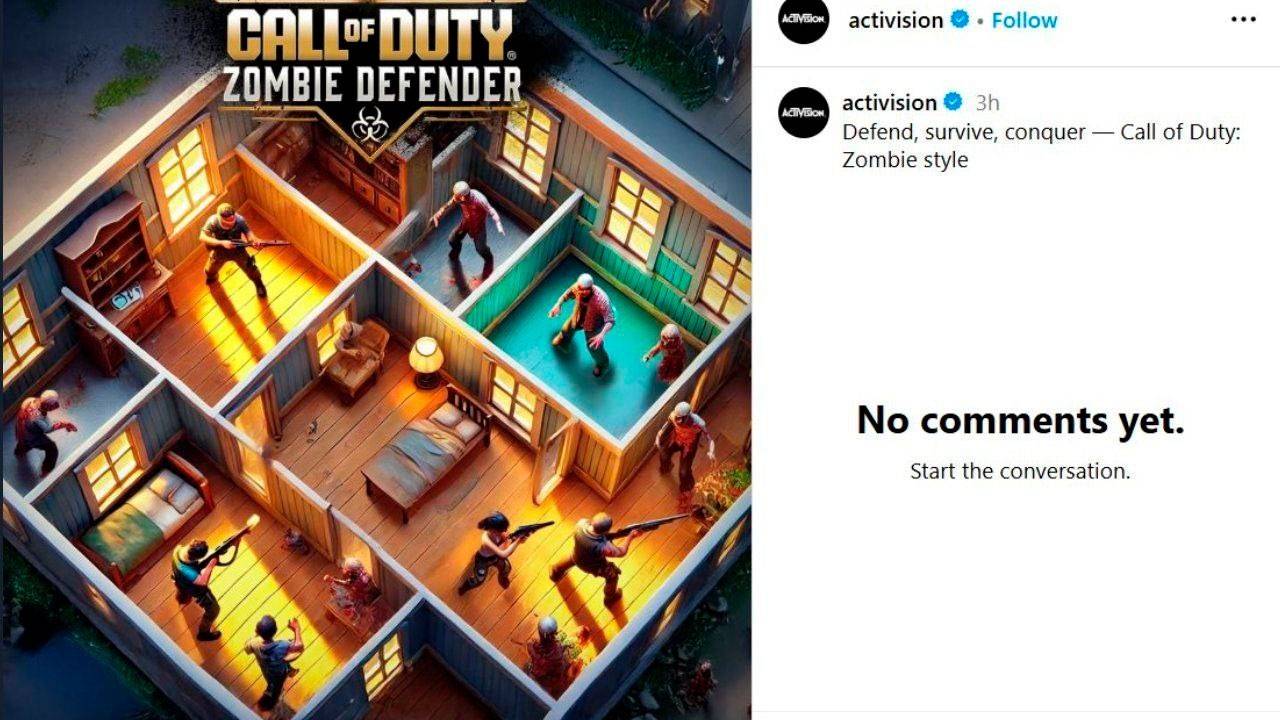 image: apple.com
image: apple.com
The integration of AI in game development and marketing has become a heated topic for Activision. The company has admitted to using neural networks in the creation of content for Call of Duty: Black Ops 6.
In response to the backlash, Activision removed some of the promotional posts. It's still uncertain whether these games will see the light of day or if the company was merely gauging public response with these provocative materials.
Latest News
more >-

-
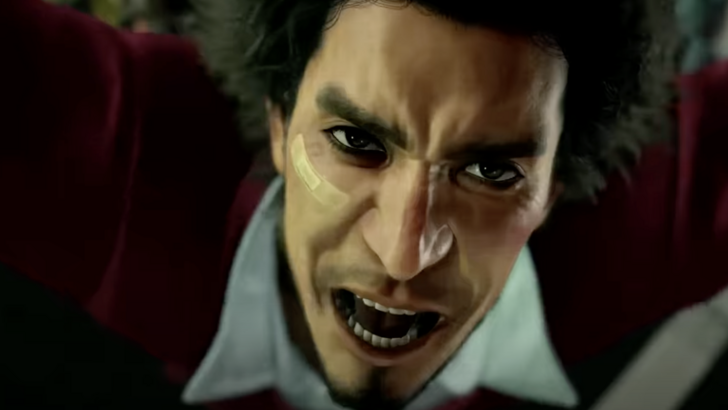
-
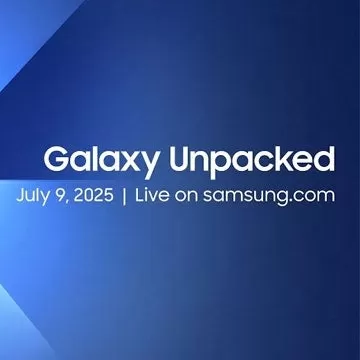
-
- Cardinals Watch Conclave Ahead of Key Event
- Feb 15,2026
-
